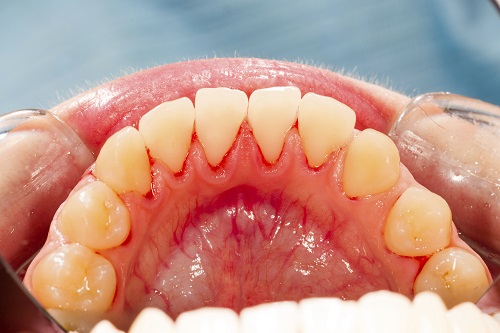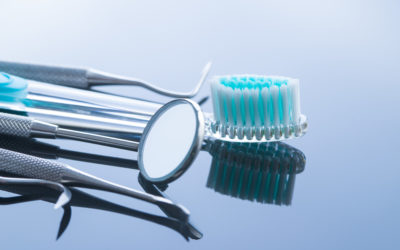 A diagnosis of gum disease does not automatically mean all your teeth are going to fall out. There are several ways to treat gum disease and to reverse the effects of gum disease.
A diagnosis of gum disease does not automatically mean all your teeth are going to fall out. There are several ways to treat gum disease and to reverse the effects of gum disease.
The key to doing this is early detection. The earlier gum disease is recognized, the easier it is to treat and the easier it is to reverse the effects.
Good Habits
The key to reversing the impact of gum disease is the same thing if you are trying to prevent it. Good oral hygiene habits not only can prevent gum disease, but they are an essential step in reversing it. One of the most common causes of gum disease is the buildup of plaque and tartar. In the earliest stages, it is possible to stop the buildup and remove the what has already occurred.
In the early stages of gum disease, a professional cleaning followed by good brushing and flossing can allow your gums and teeth to return to a healthy state. In the later stage of gum disease, the initial treatment may require more work than just a cleaning, but after the treatment, the key to returning the gums to health is good dental hygiene habits.
Reversing is Not Always Possible
The longer that gum disease goes untreated, the more damage it does. Receding gums, loose or lost teeth and loss of bone are some of the ways gum disease impacts oral health. Reversing that damage requires more effort than just cleaning. Implants can replace lost teeth; gum grafts can help with receding gums and bone tissue can grow. These things can reverse some of the damage of gum disease but may not fix everything. Even after the repairs are done, good habits can help the gums stay as healthy as possible.
Gum disease is not something you should ignore. It will only get worse over time. If you really want to find a way to reverse the impact of gum disease, take the time to think about your oral health routine. Make some improvements and start by visiting our dental offices for an evaluation and to figure out the best course of action.
For more information about gum disease or any other question you have, contact our offices and schedule an appointment today.



